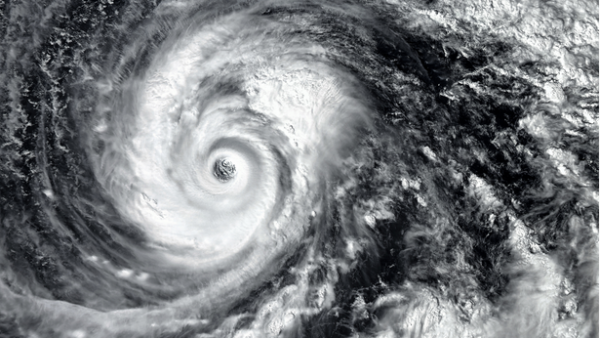This is the sixth extinction
The most recent Intergovernmental Science-Policy Platform on Biodiversity and Ecosystem Services (IPBES) Global Assessment and what it means for Earth.

This past Monday, the Intergovernmental Science-Policy Platform on Biodiversity and Ecosystem Services (IPBES) released their global assessment on the current ecological state. In their report, the committee of scientists revealed the obvious – humans are, indeed, killing the Earth. Their statement came as no surprise, given climate activists’ urgent cries of a climate emergency and the decades of unrelenting drilling, fracking, and mining exploitation of Earth’s resources. It probably would not take a prestigious committee of scientists from across the world, and a compilation of over 15,000 studies and government reports to conclude that climate change is human-caused, and ecosystems are suffering as a result. The IPBES Global Assessment published more than that. In addition to the obvious, the report simultaneously delivered a shocking blow to the world in disclosing the sheer magnitude of human destruction on global ecosystems and biodiversity. The climate crisis that has resulted from human activity now threatens the extinction of over one million animal and plant species. To date, there have been five mass extinctions in history. Scientists say this is the beginning of the sixth.
Mass extinction is not to be confused with the more common extinctions that occur more frequently. According to Charles Darwin’s evolutionary theory, extinction of one species is a result of the concept of survival of the fittest and natural selection. Mass extinction, which is a die-off of more than 75 percent of life on Earth, is not a natural occurrence. Extinction on this scale has happened only five times in Earth’s lifespan, the most famous one being the die-off of the dinosaurs. If the rate of human development and production continues without abatement, a sixth extinction is inevitable.
The contents of the report are far from less depressing. Loss of habitat, overfishing oceans, a changing climate, polluted land and water, and invasive species are all culprits of the unprecedented decline in the world’s biodiversity. Earth has lost three-fourths of its land, two-thirds of its oceans, and four-fifths of its wetlands – a feat that has made it significantly harder for animals and plants to survive in their habitats. Half of the world’s mammals and a quarter of its birds have been affected by global warming through habitat loss.
On top of that, the report stresses how humans will be affected after the loss of millions of species. If losing one million species of nature’s creation was not enough, humans will see dramatic effects in their food and water supply, energy resources, and human health.
The IPBES report does offer solutions and means for mitigation, but they make clear one message: it is no longer enough for individuals to recycle their plastic water bottles and use reusable bags at the grocery store. The climate crisis will fester and worsen so long as its largest contributors continue on their paths of greed and self-indulgence. The emergency at hand is not the product of common folk or ordinary citizens. These are the sins of large industries and fossil fuel corporations – without whom the world would not be in this crisis, but without whom the world cannot solve it. There needs to be a massive, systematic change in governments and corporations worldwide to stop the prospective extinction of millions of species. The IPBES report was nature’s most urgent cry for action; the question remains, will governments listen?

Hi! My name is Wendy Gao, and I am a senior. I have been part of the Oakton Outlook for the past three years, and it has become a significant part of my...






